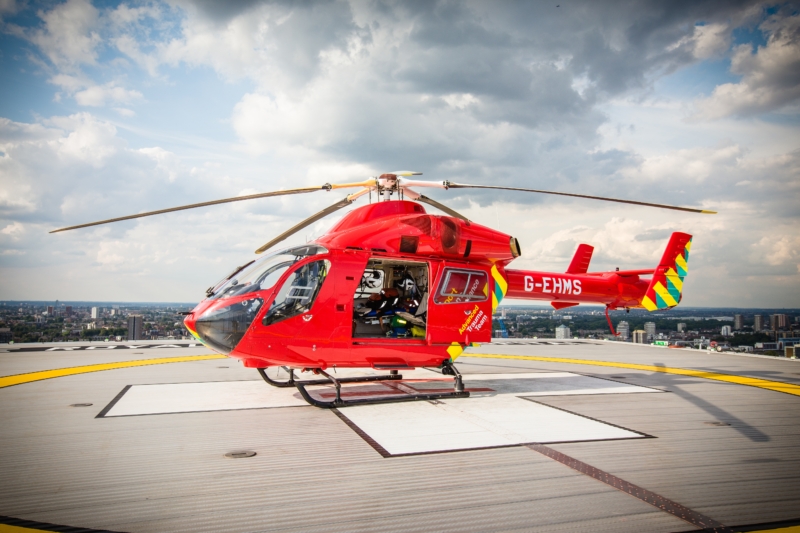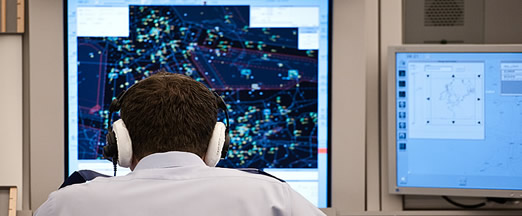Human Factors
A Standard of Excellence for Human Performance
26 January 2016Any company’s most important asset is its people, and NATS is no exception. People are our lynchpin in the safe and efficient management of our increasingly busy skies and advances in technological developments across the air traffic management (ATM) industry.
As Air Traffic Management (ATM) becomes ever-busier, more complex and more inter-connected across different Air Navigation Service Providers (ANSPs), it is timely to consider how human performance is best optimised for smooth, efficient and safe handling of air traffic.
Human performance is especially important in ATM as it is a 24/7 industry which strongly depends on people. Aviation needs its frontline staff to be on top performance in order to maintain the safety and efficiency of the air transport system.
How medicine is learning from aviation
3 March 2015At Heathrow we have a great relationship with London’s Air Ambulance team at the Royal London Hospital. I was recently asked to speak at a human factors symposium organised by London’s Air Ambulance Institute of Pre-Hospital Care at the Queen Mary University of London’s Barts and The London School of Medicine and Dentistry.
Aviation in the spotlight at top sports event
18 December 2014What do aviation and elite sports have in common?
‘If Nike ran air traffic control, what would it look like’, explains how NATS uses techniques associated with elite sports to help its people keep the skies safe. This was the basis of a recent speech delivered at the annual Leaders Sport Performance in London, with the likes of Arsenal FC manager Arsene Wenger and former England cricket coach Andy Flower as fellow keynote speakers.
Breaking through the confidence barrier
11 June 2014You’ve got through the selection process and started your air traffic controller training.
Life as an “Aviation Doctor”
8 May 2014With four and half thousand employees, NATS has a variety of specialists supporting our operation. Air Traffic Controllers, Engineers and Analysts are all key, but you’re probably not aware of some our smaller specialist teams – such as our medical team of four qualified doctors.
Developing a global safety strategy to address future challenges
8 November 2013The ATM world is undergoing unprecedented change. We are subject to new competing and conflicting demands, new regulations and regulators and a pace of technological change which our industry has not previously experienced.So what does this mean for the way we shape future strategy?
The use of automation is common place in our lives today. Whether we’re getting money out of the “hole in the wall” or using a SatNav to help us get to our destination, we take automation for granted. Where does automation fit in air traffic control and does it have a place?
Human Factors on BBC Radio Solent
2 October 2013There’s been a lot of news in the press recently about pilots falling asleep on the job. So what better time for our very own Head of Human Factors, Neil May, to talk about the work being done at NATS to combat fatigue and ensure that controllers at the top of their game when at work.
Are you alert at five in the morning?
3 September 2013It’s 5.00 a.m. and you’re dozing on your flight as it crosses over the Scottish coastline. However, the Air Traffic Controller responsible for your aircraft is wide awake and alert. Martin Cox discusses how Human Factors – including fatigue management – promotes safety and performance in our people.









